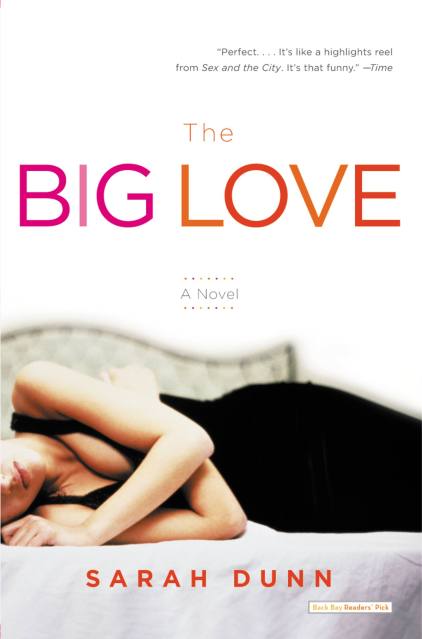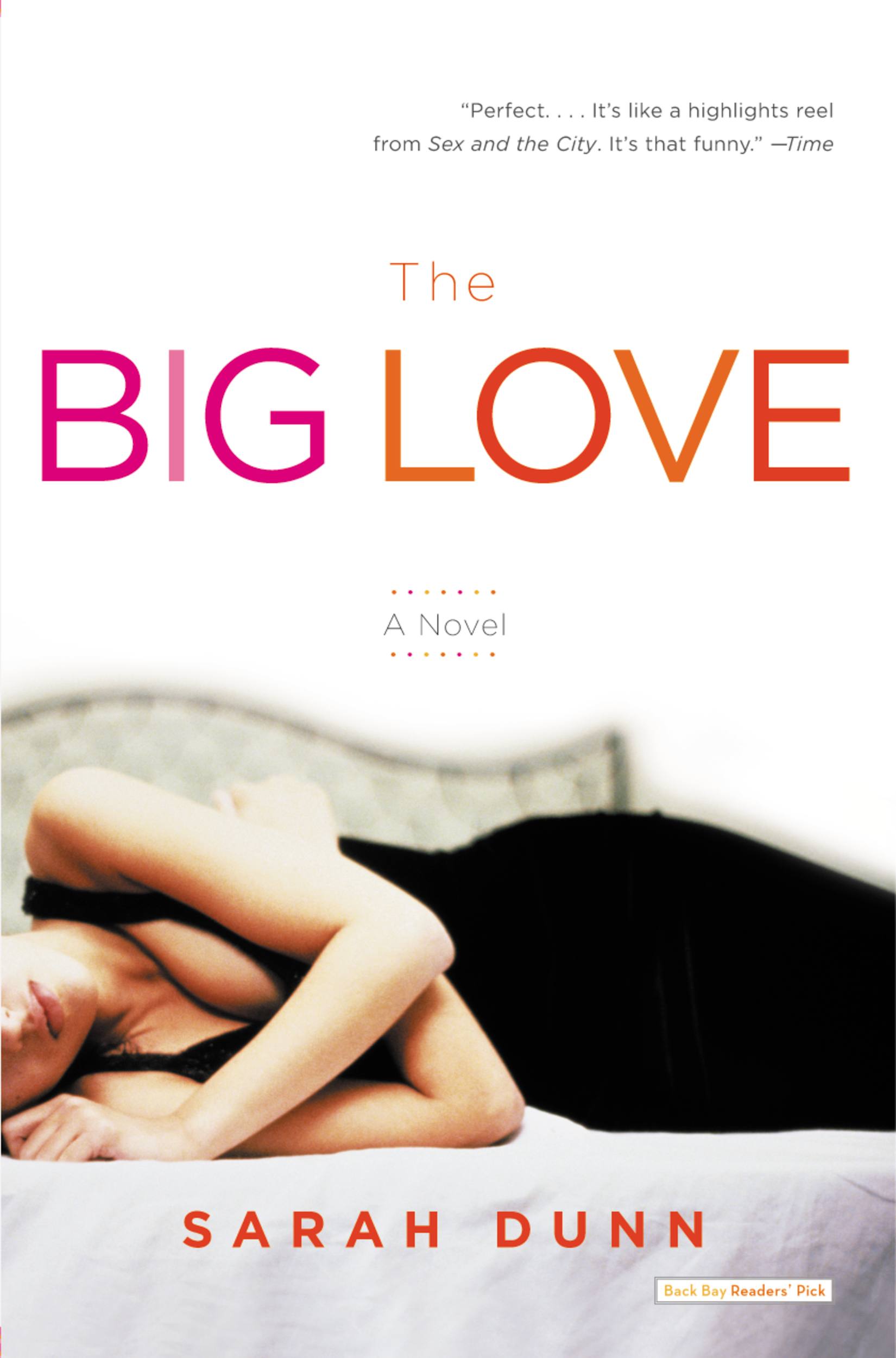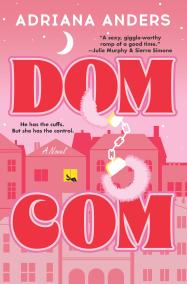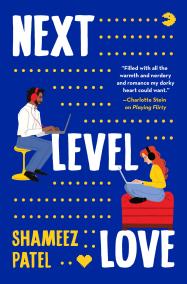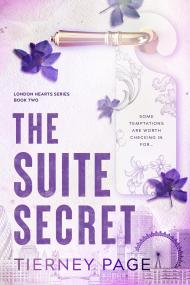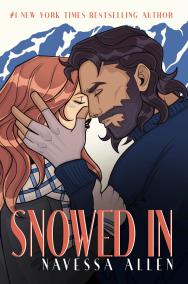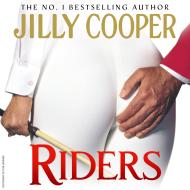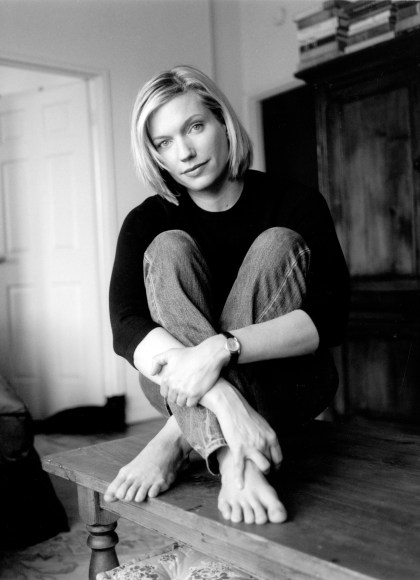By clicking “Accept,” you agree to the use of cookies and similar technologies on your device as set forth in our Cookie Policy and our Privacy Policy. Please note that certain cookies are essential for this website to function properly and do not require user consent to be deployed.
The Big Love
A Novel
Contributors
By Sarah Dunn
Formats and Prices
- On Sale
- Jul 2, 2004
- Page Count
- 240 pages
- Publisher
- Little, Brown and Company
- ISBN-13
- 9780759511866
Price
$9.99Price
$12.99 CADFormat
Format:
- ebook $9.99 $12.99 CAD
- Trade Paperback $13.99 $16.99 CAD
This item is a preorder. Your payment method will be charged immediately, and the product is expected to ship on or around July 2, 2004. This date is subject to change due to shipping delays beyond our control.
Buy from Other Retailers:
Hilarious and heartbreaking, combining the emotional incisiveness of Jane Austen with the up-to-the-minute frankness of “Sex and the City,” Dunn’s latest work will be the passing must-read novel of the summer.
Genre:
Newsletter Signup
By clicking ‘Sign Up,’ I acknowledge that I have read and agree to Hachette Book Group’s Privacy Policy and Terms of Use
